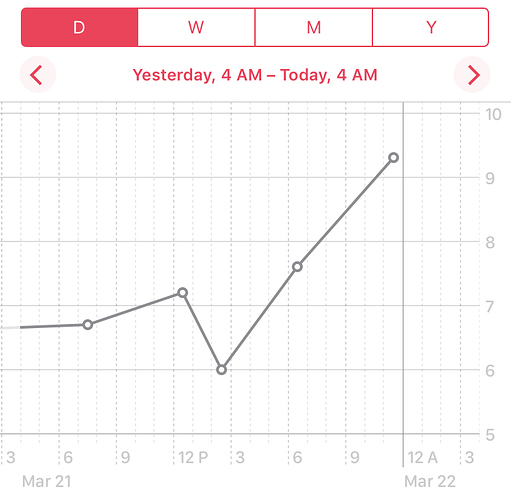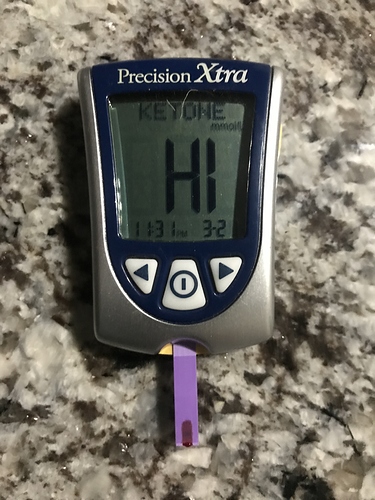I actually had 3 Hernias in total, but only knew of the Abdominal one, until they performed the surgery and found I had two smaller ones. … Had the Hernia for about 8 to 10 years, so it has nothing to do with diet, etc. Hernia’s are brought on most commonly from heavy lifting, as was mentioned above, but can also be caused from other things, such as sneezing, coughing, straining on the toilet too long, etc.
The thing was, when I switched over to this WOE/WOL, I had lost 87 lbs. in just 7 months, so when it would push outward, I could simply apply some light pressure and it would retract back in. Apparently, when I lost the weight, which quite a bit was from my stomach area, it apparently was helping to keep the Hernia in check, i.e., keeping enough inward pressure, keep it from pushing outward regularly. So
before losing the weight, it would push out occasionally, but not regularly. … After losing the weight, it would at times continuously keep popping out, and would not stay in no matter how much I pushed it back in. … So it wasn’t long before it finally got incarcerated (stuck outside the stomach lining) and it completely blocked my system, so nothing could get through. (Note, from speaking with my surgeon this was not my intestines that got stuck, but a lining of fat that lines the stomach internally. But this is what got stuck outside the stomach and blocked me up. (A Hernia is just a tear in the abdominal wall)
Some can/do live with Hernia’s their entire life without requiring surgery, but they should be monitored so they don’t become worse. They can be life threatening, if not addressed when they get incarcerated. Any food consumed will not be able to pass through the digestive system, so will simply back up until it gets to a point, where one will start throwing these consumptions back up, being they can’t get through.
Lastly, if this helps anyone, if you know you have a Abdominal Hernia (Which is generally located just above the belly-button, usually slightly to one side or the other) one should first get it checked to see if it can just be monitored, or if it is already at a state where something needs to be done before it causes a life threatening situation. But you can also use a Hernia Belt, which is similar to a back brace or lifting belt, commonly seen by those lifting weights or heavy lifting at work. This does similarly (actually better) then what having the extra belly weight was doing for me. … This keeps a constant inward pressure on the stomach, helping to keep anything from slipping through the Hernia on the stomach lining.
For the record, an incarcerated Hernia will be when it pushes outside the Abdominal wall, and you can’t get it to go back in. Basically it knots up or entangles to the point where it can’t be pushed back through the tear itself. And sometimes, you can even push it back through, and it stays knotted. Either is bad. (And lastly, just an FYI. Hernia’s do not ever repair themselves. They may stay manageable, but only surgery can correct them once it occurs. Smaller ones may not even be noticed. Hope this is helpful.






